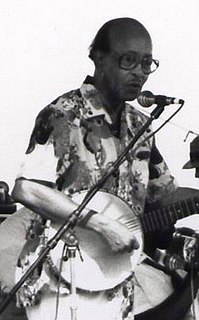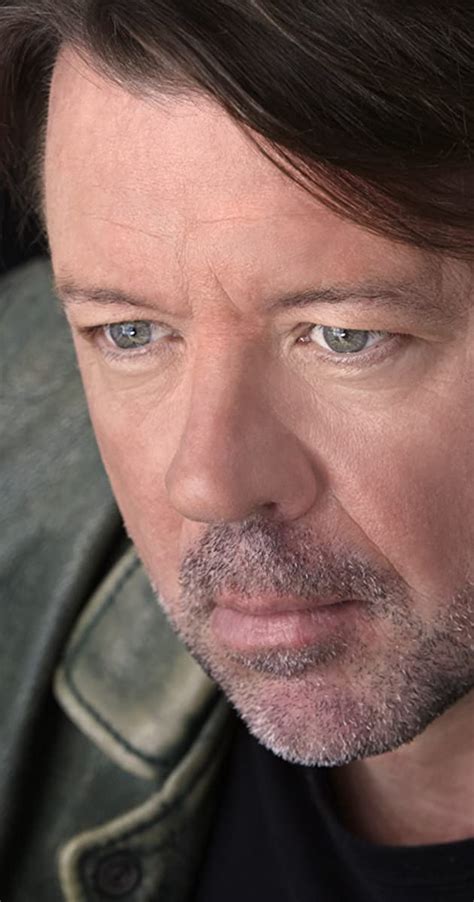A Quote by Leonard Mlodinow
If memories were indeed like what a camera records, they could be forgotten, or they could fade so that they are no longer clear and vivid. But it would be difficult to explain how people could have memories that are both clear and vivid while also being wrong. Yet that happens, and it is not infrequent.
Related Quotes
Memories of your childhood come back and are so clear and vivid it's like being young again. Colours seem brighter and more brilliant. Laughter seems part of daily life where before it was infrequent or didn't exist at all. A phone call or two during the day helps to get you through a long day's work and always brings a smile to your face.
You have your wonderful memories," people said later, as if memories were solace. Memories are not. Memories are by definition of times past, things gone. Memories are the Westlake uniforms in the closet, the faded and cracked photographs, the invitations to the weddings of the people who are no longer married, the mass cards from the funerals of the people whose faces you no longer remember. Memories are what you no longer want to remember.
There are vivid memories from my childhood - what we had to go through because of low wages and the conditions, basically because there was no union. I suppose, if I wanted to be fair, I could say that I'm trying to settle a personal score. I could dramatize it by saying that I want to bring social justice to farm workers.
I could have protested of course, who says I couldn't--I could have risen to my feet at any moment, walked up to them, and--no matter how difficult it would have been--made it abundantly clear that I was not seventeen but thirty. I could have--yet I couldn't because I didn't want to, the only thing I wanted was to prove that I was not an old-fashioned boy!
One of my pleasantest memories as a kid growing up in New Orleans was how a bunch of us kids, playing, would suddenly hear sounds. It was like a phenomenon, like the Aurora Borealis -- maybe. The sounds of men playing would be so clear, but we wouldn't be sure where they were coming from. So we'd start trotting, start running-- 'It's this way! It's this way!' -- And sometimes, after running for a while, you'd find you'd be nowhere near that music. But that music could come on you any time like that. The city was full of the sounds of music.
Words! Mere words! How terrible they were! How clear, and vivid, and cruel! One could not escape from them. And yet what a subtle magic there was in them! They seemed to be able to give a plastic form to formless things, and to have a music of their own as sweet as that of viol or of lute. Mere words! Was there anything so real as words?
There are vivid memories from my childhood-what we had to go through because of low wages and the conditions, basically because there was no union. I suppose if I wanted to be fair I could say that I'm trying to settle a personal score. I could dramatize it by saying that I want to bring social justice to farm workers. But the truth is that I went through a lot of hell, and a lot of people did. If we can even the score a little for the workers then we are doing something. Besides, I don't know any other work I like to do better than this. I really don't.
And the rules were so clear, you could not deviate from that all. And I think it especially damaged my sisters because there was nothing they could do to get my father's attention, to win his approval. They could not play sports. They could not do these other things. They could not be tough. They could not be macho. And so I think they suffered just from sheer neglect if nothing else.
We're not really afraid to die. We're only afraid of being forgotten. We know that we'll be forgotten, and the idea is unbearable, don't you agree? As time passes we become infrequent visitors in the minds of those left behind. The ones who clear out the house & divide up the belongings. Throw away the rubbish. And forget. If we knew that every evening someone lit a candle and sat down to think – thought about is if only for a few seconds – then we could depart this earth in peace. No-one will light a candle for me. Who would do that?
Isolation, not solitude, breaks men. If I could not find the means to deal with the isolation, then my options were severely limited. I began to call up memories of places, people, events, food-anything I could do to occupy my mind and remind myself that, even if I was being treated like an animal, I was still a living breathing human being.



































